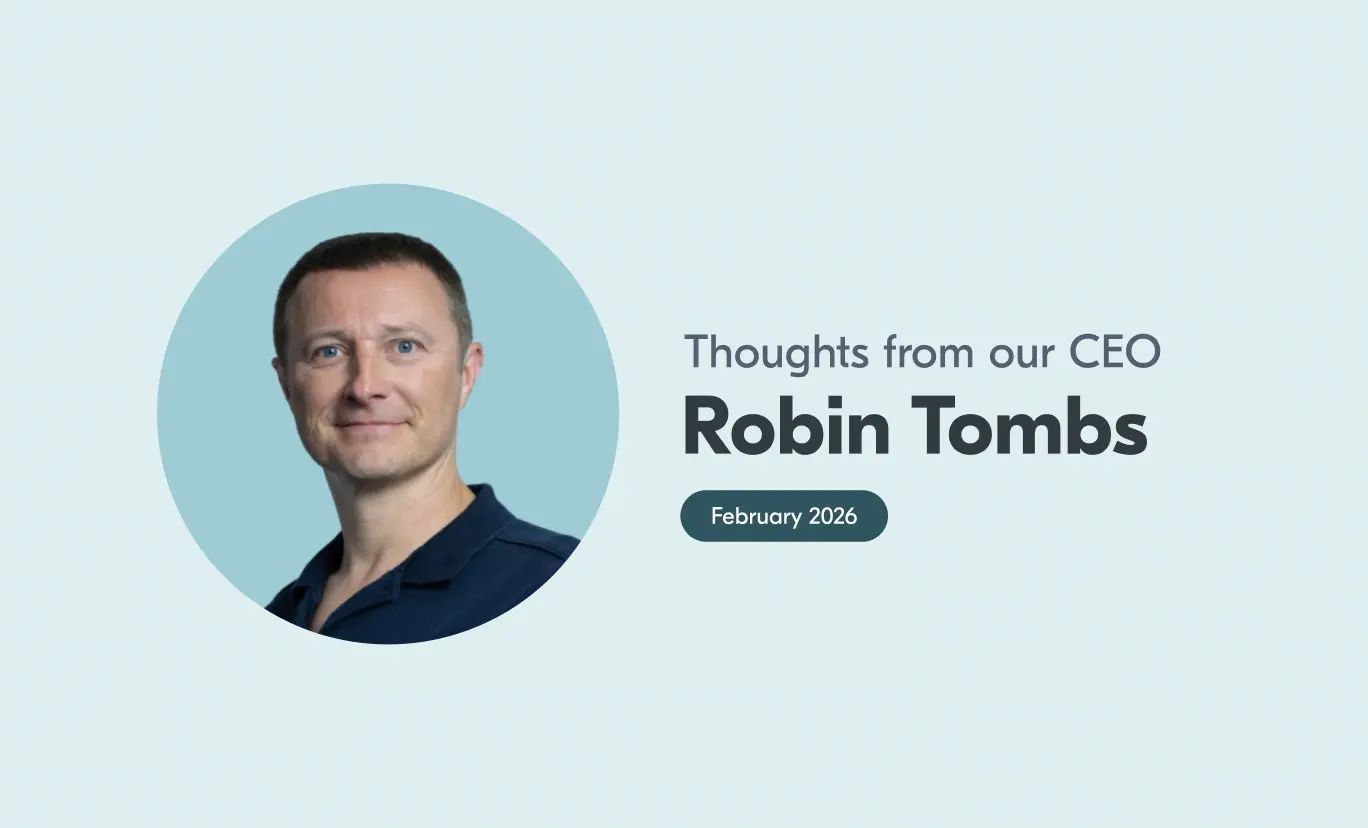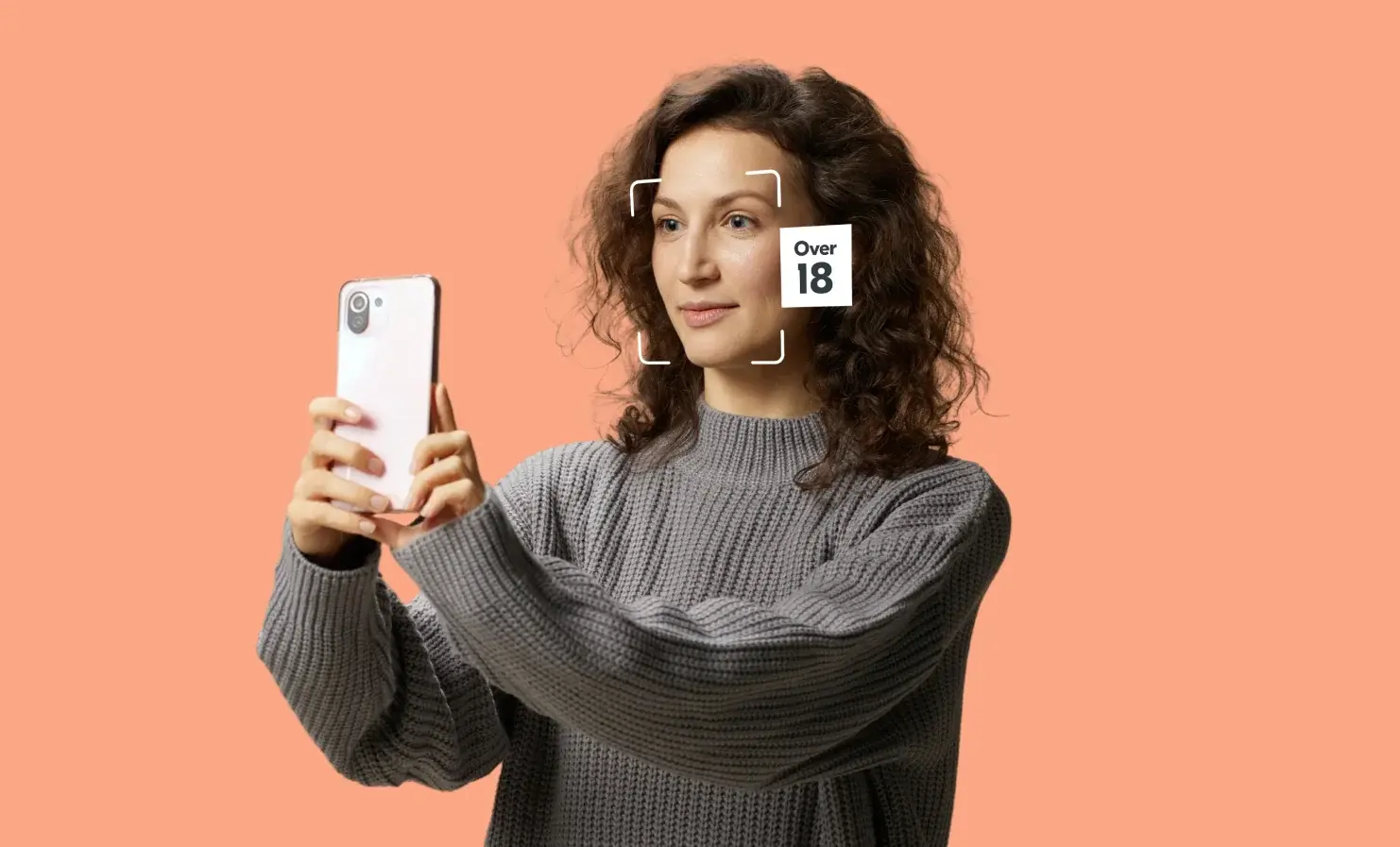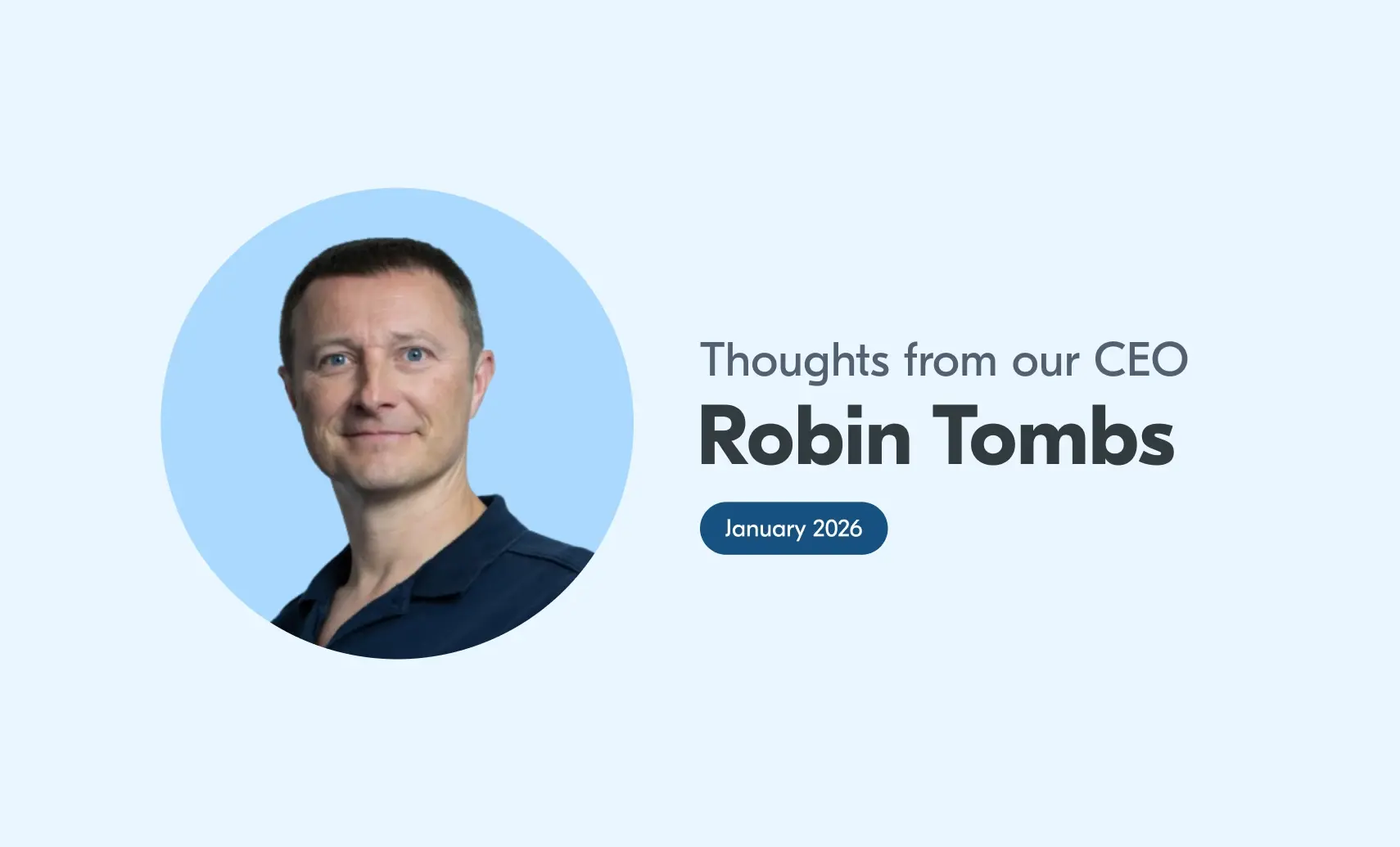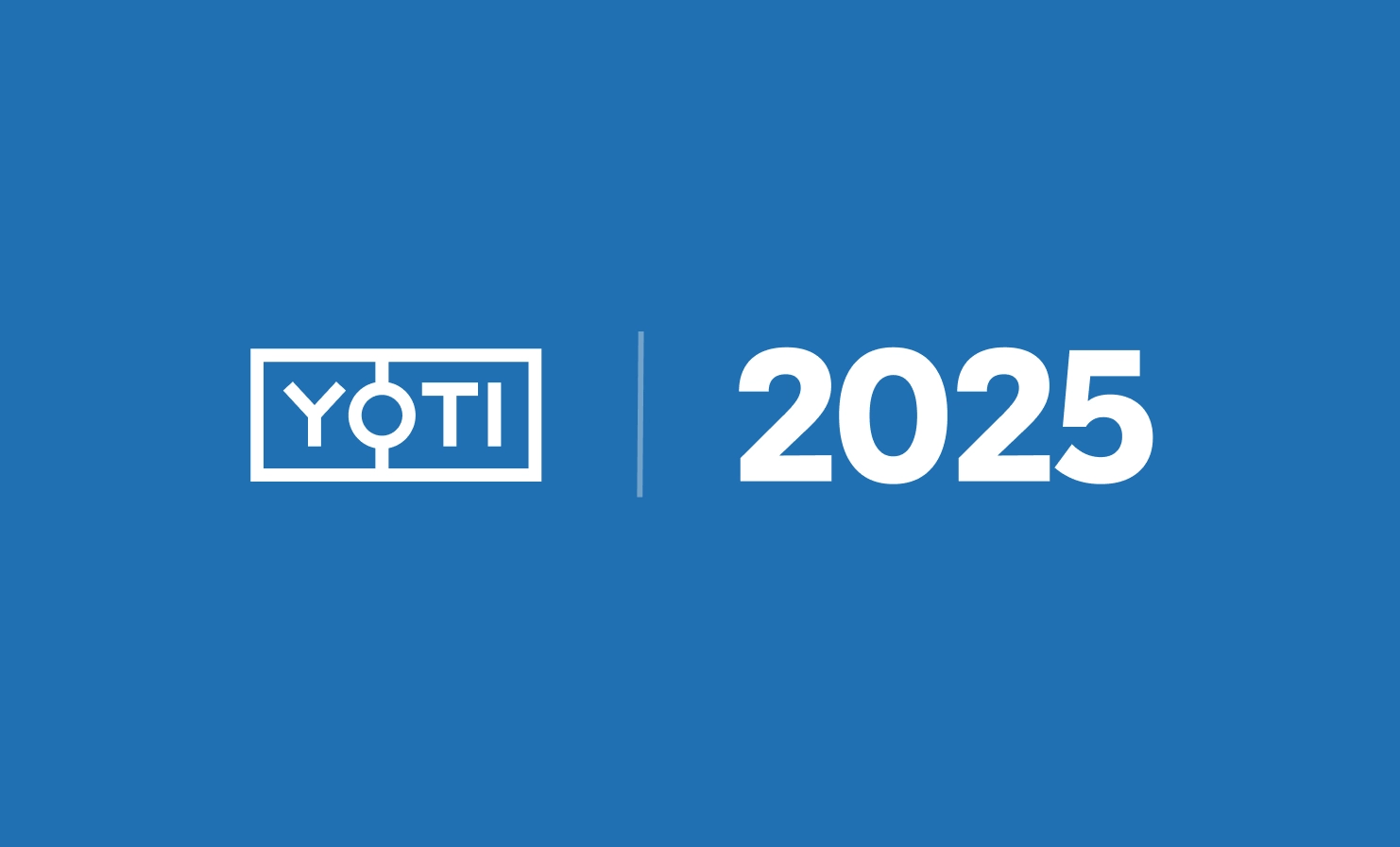Yoti
Thoughts from our CEO
In this blog series, our CEO Robin Tombs will be sharing his experience, whilst focusing on major themes, news and issues in the world of identity verification and age assurance. This month, Robin chats about independent testing for accurate facial age estimation, using digital IDs for age-restricted purchases in store and the UK government’s digital ID wallet. Independent testing shows who truly meets the bar In February 2024, Ofcom published guidance that, for an age assurance process to be highly effective at age-gating children in practice, service providers should ensure the process meets 4 criteria: technically accurate, robust,
Yoti facial age estimation - newest model evaluation by NIST
We are delighted to share our latest evaluation by the National Institute of Standards and Technology (NIST) for our newest facial age estimation model. We have seen notable performance improvements across a number of metrics. NIST’s evaluation is extremely thorough – they have over 20 million images for evaluation – and NIST develops their testing methodology over time. This helps to highlight models that are robust across multiple datasets and scenarios. Our strategy for developing our model is not “data dependent”. Machine learning models can benefit greatly from quantity of data at the initial stage, but once reaching maturity,
Thoughts from our CEO: Yoti sees major improvements in liveness and age estimation models
In this blog series, our CEO Robin Tombs will be sharing his experience, whilst focusing on major themes, news and issues in the world of identity verification and age assurance. This month, Robin chats about Yoti’s record year, major advances in our liveness and facial age estimation models and shifting government attitudes on digital ID. Yoti’s revenue growth accelerates 2025 has been a record year for Yoti. Revenues grew 62% in 2025 to £29.0 million, up from £17.9 million in 2024. That compares with £11.5 million in 2023, meaning 2024 revenues were already 56% higher year on
What’s in store for 2026
As we look ahead to 2026, this year feels like a tipping point. Not in a flashy, sci-fi way, but in the quiet, everyday moments where proving who you are gets easier, safer and quicker. For over a decade, we’ve been working towards one goal – building the world’s trusted identity platform. With new legislation coming, growing demand for reusable credentials (this could be your ‘over 18’ status or a verified ID card) and rising expectations for safer online interactions, we think 2026 is the year those efforts will really start to show up in daily life. Here’s what
A look back at 2025
As we close out 2025, we’ve been reflecting on a year that marked a clear shift for the age and identity industry. This was the year digital IDs moved further into everyday use. The year age regulation accelerated globally. The year trust proved to be a true differentiator, and one we’ve worked hard to build and maintain. Behind the scenes for Yoti, it was also a year of significant progress, including reaching profitability and expanding our role in the identity ecosystem. Here’s our look back on the moments and learnings that shaped our 2025. Digital IDs moved closer
Yoti age tokens, passkeys and privacy: Reflections on 6 years of scaling privacy-preserving age assurance
Over recent months, there’s been growing buzz in the industry about privacy-preserving ways to prove age online. Device-bound age tokens, passkey-binding and cryptographic signals that confirm someone is “over 18” without sharing any identity details are increasingly being discussed as if they’re brand new ideas. It’s great to see this conversation picking up. The online world needs ways for people to prove their age in seconds, with minimal data and maximum privacy. But it’s worth adding a bit of context. Yoti age tokens have been around since 2019 We introduced Yoti age tokens back in 2019. These are






